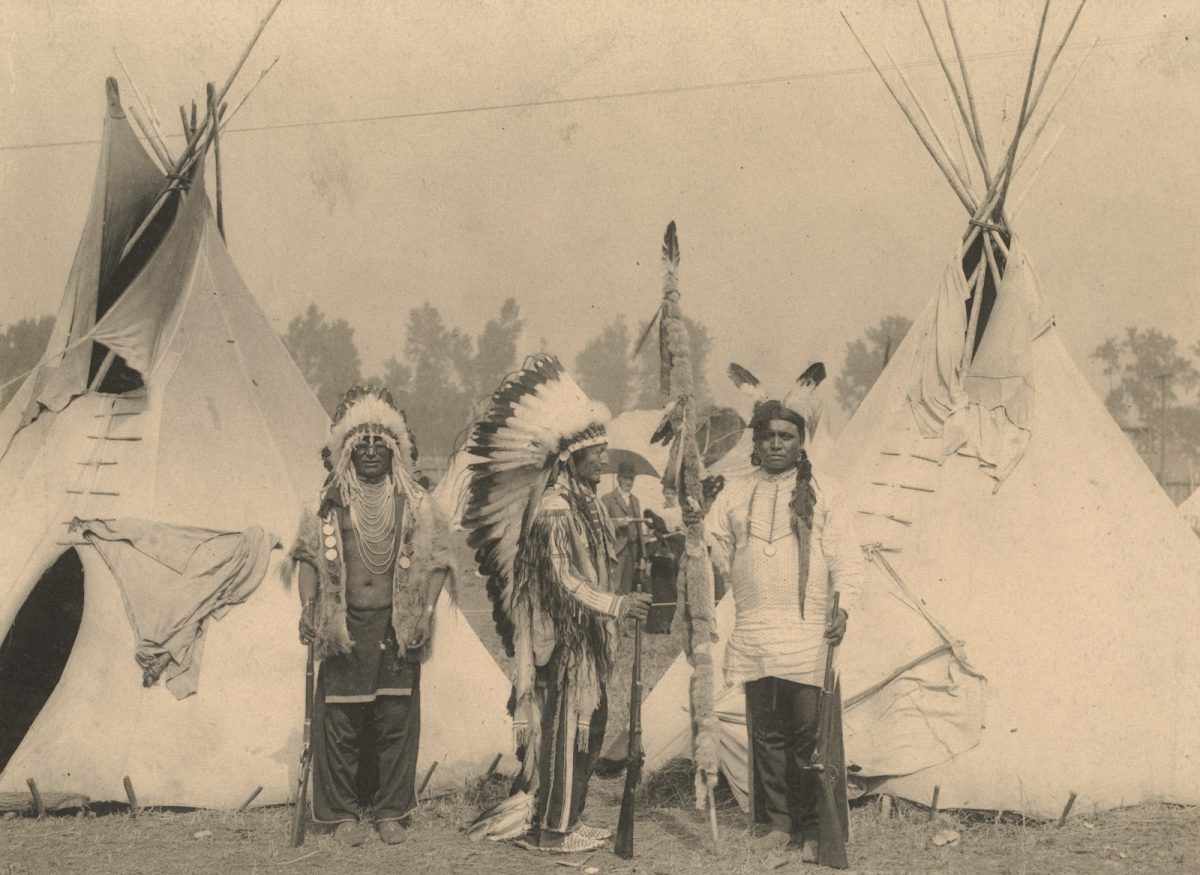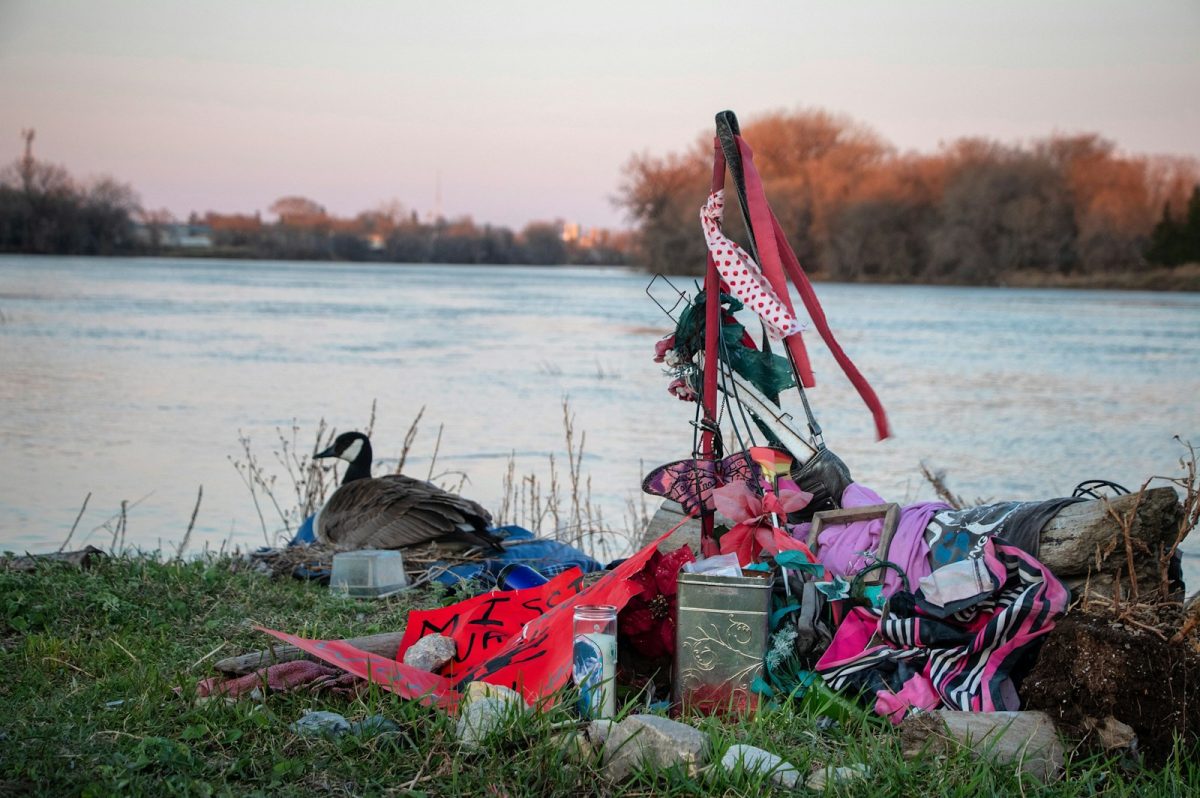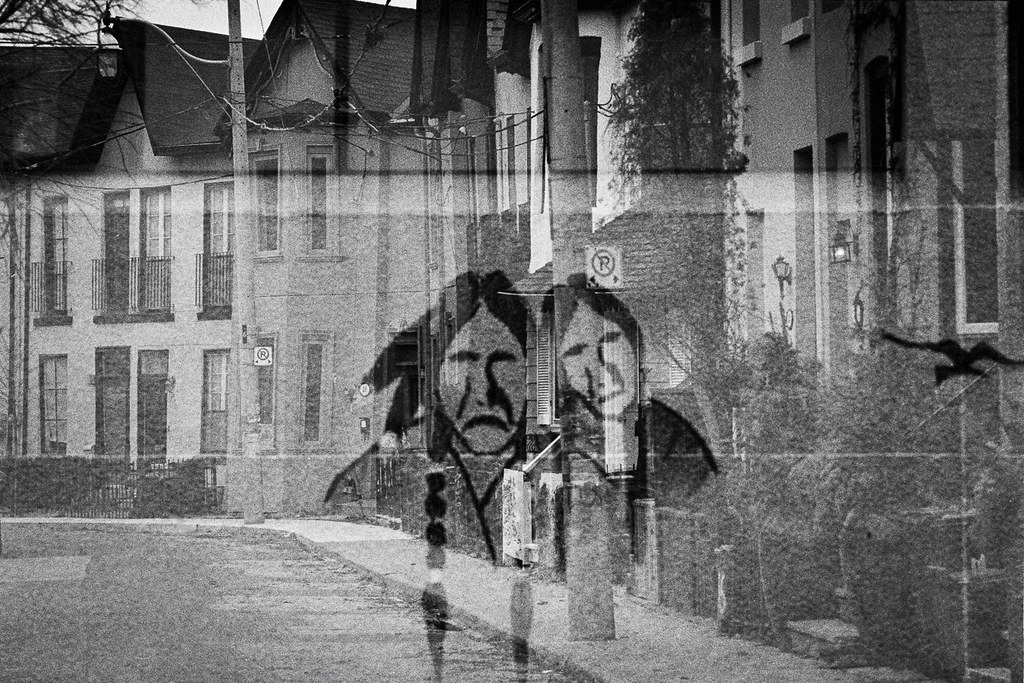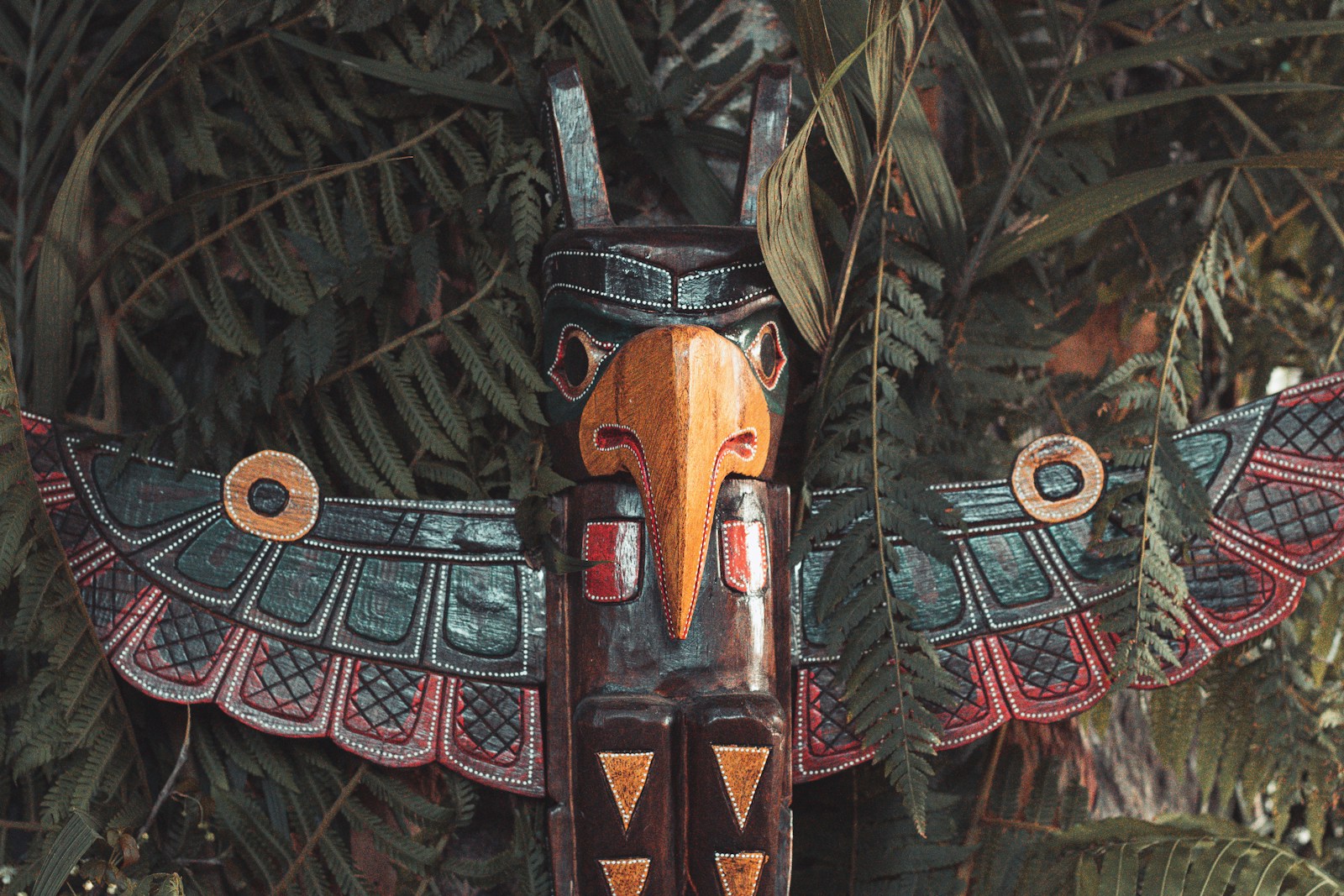This past week, countless Americans gathered around their dining tables, carving turkeys and enjoying hearty portions of mashed potatoes, green bean casseroles, and pumpkin pie. Laughter and warmth filled homes as families and friends indulged in time-honored traditions, wrapping up the day with full stomachs and contented naps in their favorite recliners.
But beneath this familiar tableau lies a deeply uncomfortable truth. Thanksgiving, as it has been mythologized, is not merely a celebration of gratitude and communal sharing. Instead, it is steeped in the painful history of colonization—a legacy of disease, forced displacement, cultural erasure, kidnappings, and death.
For generations, Americans have been fed a sanitized narrative: a fairy tale of peaceful coexistence and mutual generosity between Indigenous peoples and settlers. Yet the reality of how this land—once known as Turtle Island—became “American” territory tells a far darker story. It was not the harmonious meal of folklore but a history of violent conquest, systemic oppression, and exploitation.

One of the most glaring omissions in the Thanksgiving narrative is the 1637 Pequot Massacre, often referred to as the Thanksgiving Day Massacre. In what was described as a “day of thanks” by the colonial leadership, hundreds of Pequot men, women, and children were slaughtered by English settlers and their Indigenous allies in present-day Mystic, Connecticut. Homes were burned to the ground, and survivors were captured and sold into slavery. This act of genocide, commemorated with celebratory feasting by the colonists, marked the near-destruction of the Pequot Nation.
Questioning Thanksgiving Through the Lens of Indigenous Voices
Today, as society continues to evolve and historical narratives are reexamined, more Americans are beginning to confront the devastating realities of colonization and the immeasurable losses endured by Indigenous peoples so settlers could build what they now call home. This reckoning is not just about the past; the echoes of colonization resonate powerfully in the present.
As families celebrated Thanksgiving, another chapter of displacement and devastation continues to unfold in real time. Halfway across the world, the colonization of Palestinian land mirrors the same patterns: forced removals, the anguished cries of mothers, and the stolen futures of children. The tools of colonization—whether centuries ago on American soil or today in Palestine—remain strikingly familiar, rooted in the relentless pursuit of territory at the expense of human lives and dignity.
As a TikTok influencer, I’ve encountered a wide range of opinions and debates about how to approach the Thanksgiving holiday. Some advocate for boycotting it entirely, rejecting its colonial origins and the pain it represents. Others call for raising awareness, using the day as an opportunity to educate others about the true history of the United States. And still, others suggest ignoring the holiday altogether, treating it as just another Thursday.
While these conversations are diverse and passionate, one glaring question remains: Do we truly know what Indigenous peoples want? Have we, as a collective, ever stopped to ask? Have we taken the time to listen?
Educators, activists, and Indigenous leaders are tirelessly working to inform and enlighten us, yet their voices are often drowned out or relegated to the shadows of mainstream narratives. Why is that? Why aren’t these voices amplified? Why aren’t their perspectives centered in discussions about a holiday that directly stems from their history and suffering?

The answer lies in the enduring legacy of colonization. Colonizers didn’t just take land—they systematically erased the cultures, traditions, and voices of Indigenous peoples. This silencing continues today, embedded within government and societal structures that often disregard or suppress Indigenous narratives.
From land disputes and battles against pipelines to the struggles to protect sacred sites, Indigenous resistance is not just an environmental or political issue—it is a fight for survival, respect, and the preservation of cultures that predate colonization by millennia. Yet, these stories rarely dominate headlines. Instead, they are sidelined, treated as niche concerns rather than urgent matters of justice and human rights.
This is why the well-meaning opinions I see on my TikTok feed often feel incomplete. Boycotting, raising awareness, or ignoring the holiday might have merit, but these approaches miss the point if they don’t center Indigenous voices. What do Indigenous peoples want us to do? How can we support their fight for justice, sovereignty, and recognition? These are the questions we need to ask—and prioritize.
A Conversation with Kori Lancaster
To explore these questions, I turned to Kori Lancaster1, a member of the Kainai Nation, whose insights shed light on the complexities of living as an Indigenous person in a colonized world. Kori shared reflections on their personal journey and the broader systemic challenges facing Indigenous communities:
“At a recent all-candidates forum, I asked: ‘I view white supremacy and colonization as the root of many problems Indigenous peoples face globally—not just within Kainai. What, if anything, are your plans to fight back against the white-supremacist systems imposed on us by the colonizers?’
“Not one candidate truly addressed my question in a meaningful way. Most conflated white supremacy with overt acts of racism by extremists, like the KKK or Proud Boys. But white supremacy is far more pervasive. It’s not just about hate groups; it’s a system of thought—what I call ‘white-think’—that underpins the very structure of colonization.”
This “white-think,” Kori explains, manifests in beliefs such as:
- “Our way is the only correct way.”
- “I should be welcome everywhere I go.”
- “I can take what doesn’t belong to me.”
- “I am superior,” mirrored by its corollary, “You are inferior.”
Growing up, Kori navigated two worlds—immersed in the traditions of their Kainai culture while learning to navigate the “white systems” imposed upon them. This duality highlighted the systemic barriers Indigenous peoples face daily, from education to government bureaucracy, and underscored a powerful truth: “The colonizers never had the right to dictate our rights or laws.”

A Call for Decolonization
Kori’s reflections emphasize the need to reject colonial narratives—not just in how we view history, but in how we shape the present and plan for the future. These narratives, rooted in the systemic oppression of Indigenous peoples, have long framed Indigenous sovereignty as secondary or even irrelevant. For meaningful change to occur, we must confront these constructs head-on and actively work to dismantle them.
As Kori puts it:
“If we want to return to traditional governance, we can. If we choose to build our own systems to address the issues we face, we should. Stop believing that we’re being invited to their table. Not only did that table come from our trees, but it’s sitting on our lands. The whole room is ours.”
This statement is a powerful assertion of agency and self-determination. It challenges the pervasive idea that Indigenous peoples must operate within the confines of colonial systems to achieve progress. Instead, Kori reminds us that sovereignty is not something to be granted by external powers; it is inherent and enduring. The colonizers’ systems—laws, governance, policies—are not immutable. They are human constructs, built on flawed ideologies, and they can—and must—be dismantled to make way for systems that prioritize equity, respect, and sustainability.
Decolonization is not just about Indigenous sovereignty; it’s also a challenge to settler societies to recognize their role in perpetuating these systems and to support efforts to rebuild. Allies have a role to play—not in dictating solutions, but in amplifying Indigenous voices and standing in solidarity with their demands. As Kori’s words suggest, the goal is not merely to share the colonizers’ table but to reclaim the entire space and redefine it.
This vision of decolonization is both a return to cultural roots and an act of forward-thinking resistance. It is a reclamation of identity, agency, and autonomy—a reminder that the work of breaking free from colonial legacies is ongoing, urgent, and essential for a more just future.
Solidarity Across Movements
Kori also connects Indigenous struggles to global movements against colonialism and oppression, drawing parallels between the resistance of the Wet’suwet’en Nation against pipelines, the fight for Palestinian liberation, and the push for Maori sovereignty in Aotearoa. These struggles, though separated by geography, share a common enemy: systems of white supremacy and colonialism that seek to exploit land, resources, and people for profit and power.
“We are in desperate need of solutions to the interconnected problems brought on by white supremacy: patriarchy, capitalism, ableism, ageism—all built on hierarchical thought processes that insist one can be over another. Instead, we must move toward systems of equality and mutual respect.”
The fight against colonialism is not an isolated battle but part of a larger web of resistance to systemic oppression. White supremacy manifests in multiple ways, reinforcing structures of exploitation and dehumanization across race, gender, class, and ability. By connecting these movements, Kori highlights the global scope of these challenges and the shared necessity for solidarity and collective action.
Centering Indigenous Voices
As we grapple with the legacy of Thanksgiving, Kori’s reflections remind us that any meaningful action must center the voices of those directly impacted. It is not enough to boycott, raise awareness, or express guilt without truly engaging with Indigenous perspectives and their calls for change. To act otherwise risks perpetuating the very systems of erasure and marginalization that colonization depends upon.
“If they wish to assist us in reaching our goals, they must amplify our voices instead of talking over us or at us.”
These words challenge allies to reflect on their role in supporting Indigenous sovereignty. True solidarity requires stepping back, making space, and using one’s platform to elevate Indigenous voices. It is not about offering help as a savior but about acknowledging the inherent wisdom, resilience, and sovereignty of Indigenous peoples.
This commitment must go beyond symbolic gestures. It involves tangible actions: supporting Indigenous-led movements, advocating for policies that honor tribal sovereignty, and holding governments and corporations accountable for their roles in perpetuating colonial violence.
Let us commit to learning from voices like Kori’s—not as an act of charity, but as an acknowledgment of the sovereignty and wisdom of Indigenous peoples. True change begins by listening, understanding, and amplifying the voices that colonization has sought to silence. In this work, we not only challenge oppressive systems but also lay the foundation for a future built on mutual respect, justice, and equality.





